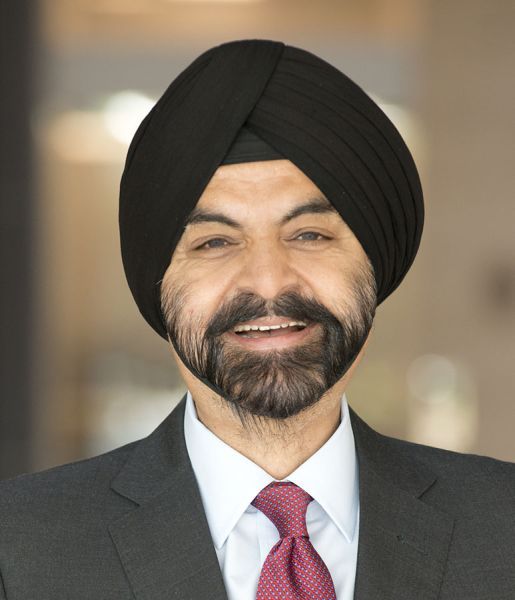
Today’s world provides any number of reasons for pessimism, whether we look at current problems like inflation, Ukraine, and the lingering coronavirus, or longer-term existential challenges that include climate change and global inequality.
Yet, I remain optimistic about the future, based on my deep belief in the boundless possibilities of a world going increasingly digital. I’m also confident that some of the world’s knottier predicaments present big opportunities for the entrepreneurs who are leveraging data and new technologies across developed and emerging markets.
Conceptually, I organize my thinking about such things through what I call the Triangle of Opportunity. The triangle’s impetus was a list of 17 sustainable development goals. I saw the list as a way to prod tech firms and data firms to focus on society’s biggest problems. I imagined the list as a triangle—a three-sided prism through which to view the world.
What’s needed is forward-looking vision, patient capital, and a willingness to forgo short-term targets in favor of long-term thinking.
On one side of the Triangle of Opportunity is the tradeoff between one and many. This is where I’d include all problems of exclusion. The exclusions can be because of ethnicity and race, or gender, or sexual orientation, or just because a person was born on the wrong side of the tracks or in a beleaguered part of the globe. Financial inclusion—the availability of financial services and access to the same opportunities as those in the developed world—also falls in this category. The one-vs.-many conundrum can also explain inequities in health care and education.
The second side of the triangle is the tradeoff between humanity and nature. This encompasses climate change and environmental threats to clean air and clean water.
The reason these first two categories of problems remain intractable is because of the third side of the triangle: the tradeoffs between the short term and the long term. Ultimately, effectively attacking the one-vs.-many issues or the humanity-vs.-nature problems requires a long-term perspective. Too often, though, society has patience for only short-term planning—if that, even—and either talks endlessly but fruitlessly about long-term problems or simply chooses to ignore them.
Governments can’t resolve these issues alone. Nor can philanthropists, no matter how well-intentioned. The scope of the problems on the first two sides of the triangle are simply too vast. Consider climate change, for instance: Attaining net-zero carbon emissions by 2050 will cost an extra $3.5 trillion a year, according to a 2022 report by McKinsey. Meanwhile, narrowing the income gap, along with disparities in education and health care, would require trillions more in investments.
Because money and long-term thinking are crucial, business and commerce must play a central role in any solution. Capitalists bring an aggressiveness and hunger to the tasks at hand—with technology serving as both the disruptor and driver. Armed with technology, commercial money—in its neutrality and ambition—can propel the innovations needed to solve society’s most vexing problems. It’s active capitalism, with the necessary ethical and societal guardrails, that offers our best chance of getting a better handle on the world’s most vexing problems.
Those needing signs of hope, for instance, only need to look at the rollout of the 5G wireless format. 5G is a disruptor that will provide a wealth of opportunities, especially to patient capital with a longer-term horizon. With 5G, the network has the capacity to receive data simultaneously from a near-infinite number of connected devices. In addition, there’s the wealth of data these devices can generate and the opportunities they unlock—especially when used with cloud computing, AI, and other, newer technologies. And we’re still only in the early phases of 5G.
Success on any side of the triangle can’t rely on altruism. It’s essential that entrepreneurs and investors recognize the enormous profits that could be earned by those taking a long-term perspective. That’s been our vision at General Atlantic, since Chuck Feeney founded the firm 40-plus years ago—to provide visionary entrepreneurs (like himself) with the capital and operational expertise to successfully scale their innovative, world-changing companies and create enduring value.
The emerging markets are essential to success. We typically invest one-third of our capital in the emerging markets because that’s where the promise of digitization seems likely to have the greatest impact. Digitization is the great equalizer. And it’s in the emerging markets where the motivation for change is greatest.
Especially in challenging and volatile markets like the ones we’re facing now, I believe there’s a tremendous opportunity to tackle some of the thorniest issues—the ones that touch on all three sides of the Triangle of Opportunity. What’s needed is forward-looking vision, patient capital, and a willingness to forgo short-term targets in favor of long-term thinking.
